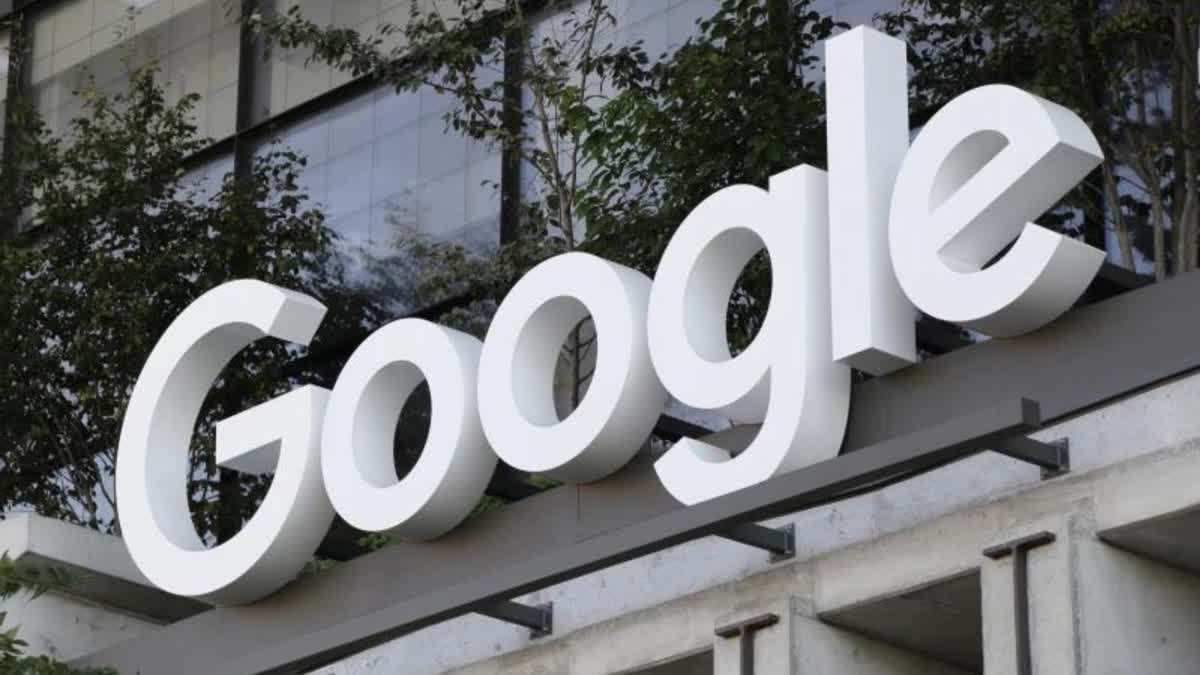Washington : Google has exploited its dominance of the internet search market to lock out competitors and smother innovation, the Department of Justice said on Tuesday at the opening of the biggest US antitrust trial in a quarter century. This case is about the future of the internet and whether Google's search engine will ever face meaningful competition, said Kenneth Dintzer, the Justice Department's lead litigator.
Over the next 10 weeks, federal lawyers and state attorneys general will try to prove Google rigged the market in its favour by locking in its search engine as the default choice in a plethora of places and devices. US District Judge Amit Mehta likely won't issue a ruling until early next year. If he decides Google broke the law, another trial will decide what steps should be taken to rein in the Mountain View, California-based company.
Top executives at Google and its corporate parent Alphabet Inc., as well as those from other powerful technology companies are expected to testify. Among them is likely to be Alphabet CEO Sundar Pichai, who succeeded Google co-founder Larry Page four years ago. Court documents also suggest that Eddy Cue, a high ranking Apple executive, might be called to the stand.
The Justice Department filed its antitrust lawsuit against Google nearly three years ago during the Trump administration, alleging that the company has used its internet search dominance to gain an unfair advantage against competitors. Government lawyers say Google protects its franchise through a form of payola, shelling out billions of dollars annually to be the default search engine on the iPhone and on web browsers such as Apple's Safari and Mozilla's Firefox.
Google pays more than $10 billion per year for these privileged positions,'' Dintzer said. Google's contracts ensure that rivals cannot match the search quality ad monetization, especially on phones, he said. Through this feedback loop, this wheel has been turning for more than 12 years. It always turns to Google's advantage.
Also Read : Putin welcomes Kim Jong-Un at cosmodrome in Russia's far east
Google counters that it faces a wide range of competition despite commanding about 90 per cent of the internet search market. Its rivals, the company argues, range from search engines such as Microsoft's Bing to websites like Amazon and Yelp, where consumers can post questions about what to buy or where to go.
There are lots of way users access the web other than default search engines, and people use them all the time,'' said attorney John Schmidtlein, a partner at the law firm Williams and Connolly which is representing Google. But the more searches Google processes, the more data it collects, data that can be used to improve future searches and give it an even bigger advantage over its rivals, Dintzer said. User data is the oxygen for a search engine," he said. Because of its market dominance, Google search and ad products are better than its rivals can hope to be.
That is why, he said, Google pays so much for its search engine to be the default option on products from Apple and other companies. Google began weaponising defaults more than 15 years ago, Dintzer said, citing an internal Google document calling its arrangements an Achilles Heel for rival search engines offered by Yahoo and MSN.
He also alleged that Google strong-armed Apple into giving its search engine a default position on its devices as a condition for revenue sharing. This is not a negotiation," Dintzer said. This is Google saying: Take it or leave it. Litigators argue the company's anticompetitive tactics prevented Apple from developing a search engine of its own. And Dintzer said Google deleted documents to keep them out of court proceedings and sought to hide others under attorney-client privilege.
They destroyed documents for years,'' Dintzer said. They turned history off, your honor, so they could rewrite it in this court.'' While questioning Google chief economist Hal Varian the trial's first witness Dintzer produced a July 2003 memo in which Varian urged Google employees to be cautious about how they discussed competition with Microsoft, lest they raise antitrust concerns. We should be careful about what we say in both public and private,'' Varian wrote. References to cutting off their air supply'' and similar comments, for instance, should be avoided". (AP)
